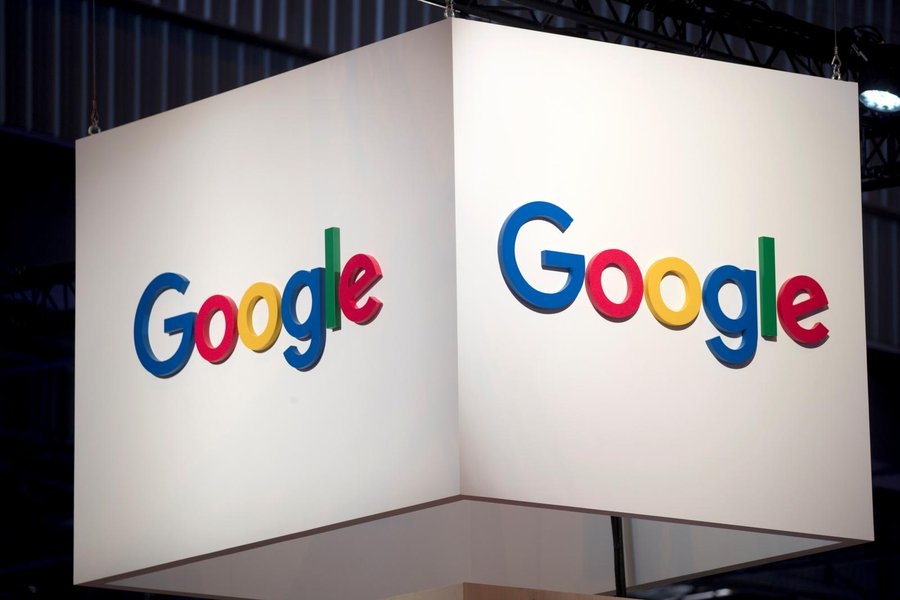San Francisco, Sep 14 (UiTV/IANS) – A US court has allowed a larger antitrust case against Google to proceed that allege that the tech giant monopolised the ad-tech market and suppressed competition by its access to data.
The judge, however, dismissed claims of collusion between Google and Facebook (now Meta) in the “Jedi Blue” programme, a deal in which Google and Facebook allegedly joined hands for ad auctions, reports The Verge.
“The states’ allegations are not plausible because they fail to adequately account for Facebook’s motivation to use its economic clout as an advertiser to drive the hardest bargain it could with Google,” the judge said in the ruling.
The Attorneys General of 10 US states brought an action in Texas against Google, alleging that Google’s digital advertising practices violate laws of their states.
The states alleged that Google has monopolised or attempted to monopolise various markets related to online display ads.
Google “unlawfully used its market power to tie the sale of Google’s ‘ad server’, a tool used by publishers to manage their inventory of display ads, to Google’s ‘ad exchange’, a distinct product that conducts auctions for the sale of display ads”.
They had also alleged that Google entered into an unlawful restraint of trade with Facebook.
According to a Wall Street Journal report in July, Google offered the US government to split its ad-tech business into a separate entity under the Alphabet umbrella, to avoid an antitrust lawsuit.
The deal was part of multiple concessions the tech giant offered the US Department of Justice to avoid lawsuits alleging anti-competitive practices.
A Google spokesperson had said that they have been engaging constructively with regulators to address their concerns.
Meanwhile, the UK competition watchdog opened another investigation into Google’s unfair practices in ad tech, following the launch of a probe into Google and Meta’s ‘Jedi Blue’ agreement.
The Competition and Markets Authority (CMA) is investigating whether Google has broken the law by restricting competition in the digital advertising technology market.











